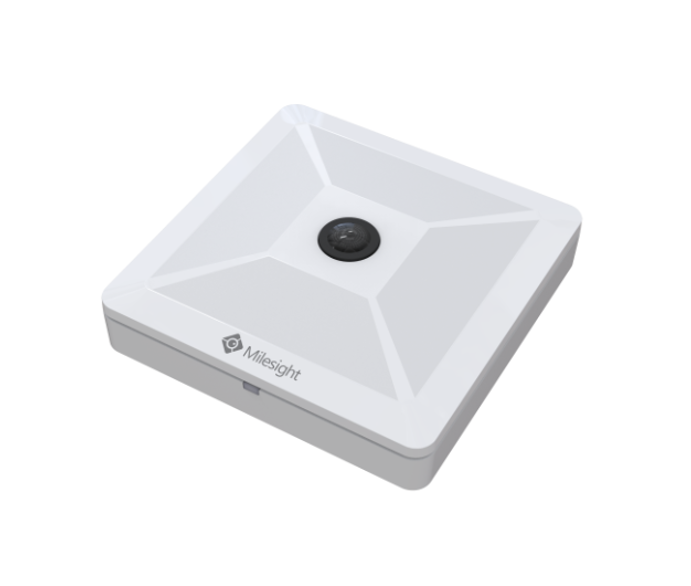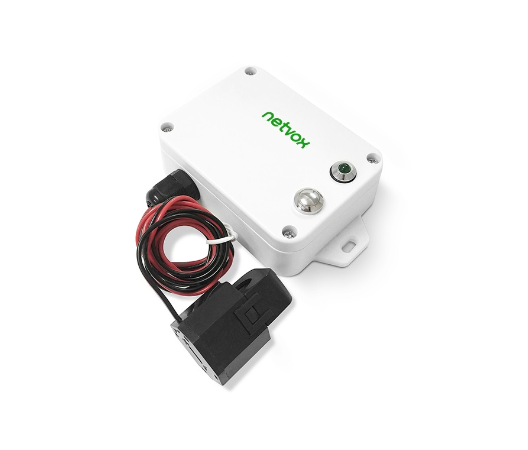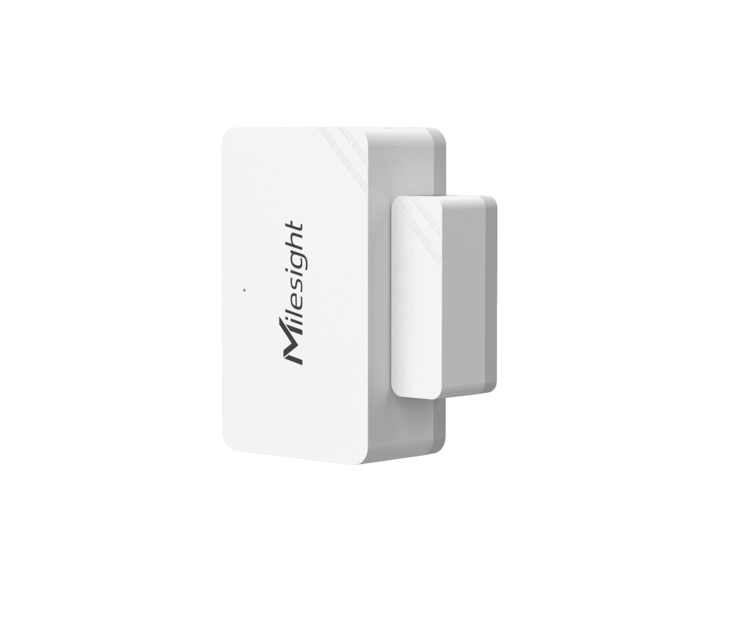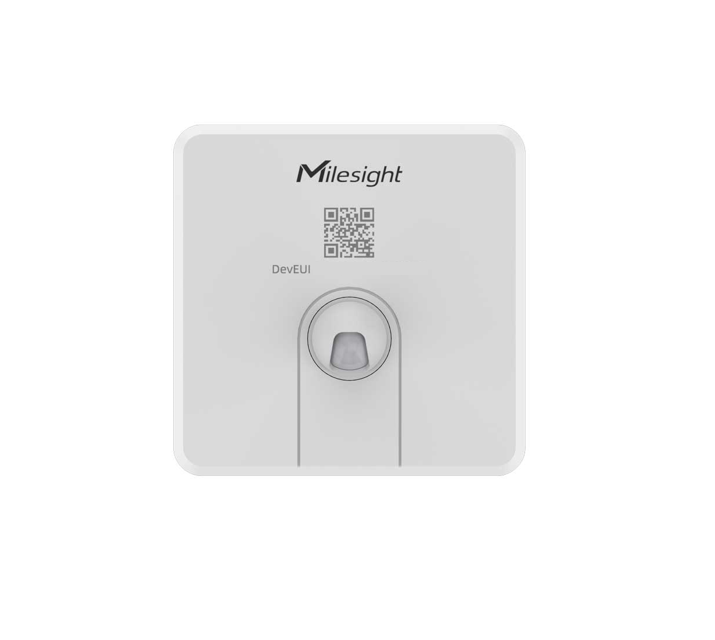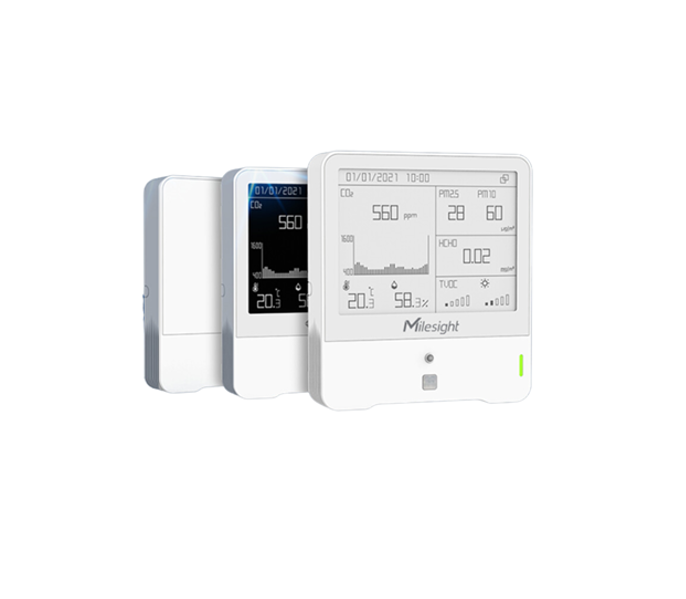Benefits of IoT in Water Management
In an era where the scarcity and conservation of water have become critical global challenges, technological advancements offer a glimmer of hope. The Internet of Things (IoT) has emerged as a game-changer in the water management sector. By integrating smart devices, sensors, and data analytics, IoT revolutionises the way we monitor, conserve, and optimise our precious water resources.
Smart Irrigation Systems
Traditional irrigation practices often lead to overwatering, resulting in water wastage and inefficient resource utilisation. IoT-powered smart irrigation systems leverage weather data, soil moisture sensors, and plant requirements to deliver the optimal amount of water. By avoiding under or over-irrigation, these systems save significant amounts of water while maintaining healthy landscapes.
Leakage Detection and Prevention
Water leakages are a major concern for municipalities and industries alike. IoT-based leak detection systems continuously monitor water pipelines and identify leaks promptly. Automated alerts enable quick repair, minimising water loss and preventing potential infrastructure damage. Such proactive leak management reduces costs and conserves water resources.
Real-Time Monitoring and Detection
IoT-enabled sensors provide real-time data on water quality, levels, and flow rates. This allows for proactive monitoring, early leak detection, and swift response to potential issues. With precise insights, water managers can take immediate action to prevent wastage, reduce losses, and ensure the efficient distribution of water.
Water Quality Management
Maintaining water quality is vital for public health and environmental sustainability. IoT devices can continuously monitor various parameters such as pH levels, turbidity, and chemical composition. Real-time data enables swift response to contamination events, ensuring the safety of drinking water supplies and facilitating early remediation measures.
Efficient Water Distribution
IoT facilitates intelligent water distribution systems that optimise supply based on demand patterns. Advanced algorithms analyse data from sensors, weather forecasts, and usage patterns to dynamically adjust water flow. This ensures equitable distribution, reduces energy consumption, and enhances the overall efficiency of water management systems.
Data-Driven Decision Making
IoT generates vast amounts of data that can be harnessed to make informed decisions. Analytics platforms analyse historical and real-time data, providing actionable insights for water management strategies. From identifying trends to predicting future demands, data-driven decision making helps optimise resource allocation, enhance operational efficiency, and drive sustainability.
Conclusion
The integration of IoT in water management ushers in a new era of efficiency, conservation, and sustainability. By leveraging real-time monitoring, smart systems, and data analytics, IoT empowers stakeholders to make informed decisions, reduce wastage, detect leaks promptly, and optimise water distribution. With these advancements, we can embrace a future where water resources are safeguarded, ensuring a sustainable world for generations to come.


